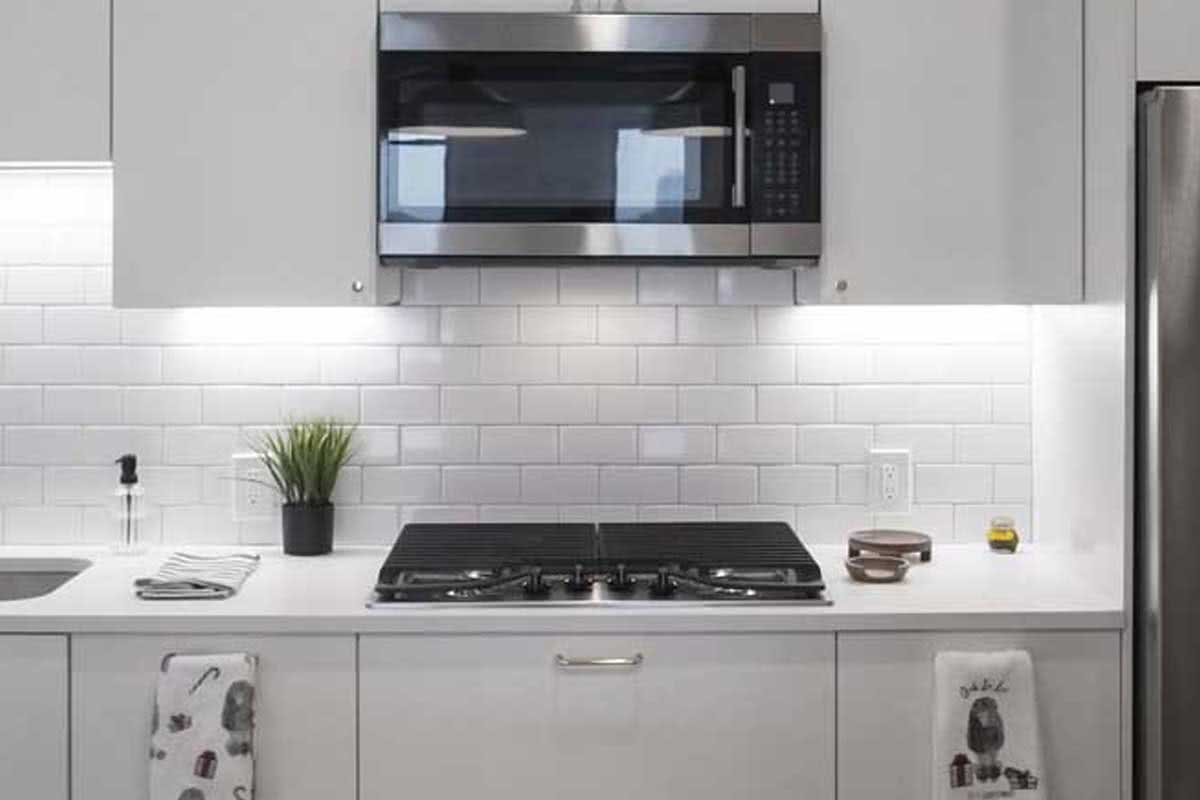When it comes to upgrading your kitchen, one of the most critical decisions you will have to make is selecting the right countertop. With numerous options available in the market, finding the perfect material to meet your functional and aesthetic needs can be overwhelming. However, quartz remains one of the most popular choices for homeowners seeking practical and stylish countertops. In this blog, we will explore the advantages and disadvantages of having quartz kitchen countertops to help you make an informed decision.

Advantages of Quartz Kitchen Countertops
1. Durability
Quartz is a durable material that is resistant to scratches, chips, and cracks. It is ideal for high-traffic areas and can withstand everyday wear and tear. Additionally, quartz does not require sealing like other natural stones, making it an ideal choice for busy kitchens.
2. Low maintenance
Quartz kitchen countertops are non-porous, which means they are resistant to stains and bacteria growth. They do not absorb liquids and are easy to clean, making them a low-maintenance option for homeowners.
3. Versatility
Quartz countertops come in a wide range of colors and patterns, allowing homeowners to choose a design that complements their kitchen decor. Its versatility also means that it can be used in different areas of the kitchen, including the backsplash, island, and walls.
4. Resale value
Having quartz kitchen countertops can increase the value of your home. Quartz is a highly sought-after material, making it an excellent investment for your kitchen remodel.
Disadvantages of Quartz Kitchen Countertops
1. Cost
Compared to other kitchen countertop materials, quartz is relatively expensive. The cost can vary based on the quality and thickness of the stone, as well as the overall size of the countertop. However, many homeowners believe that the benefits of quartz outweigh the cost.
2. Heat resistance
While quartz is resistant to scratches and chips, it is not entirely heat-resistant. Placing hot pans or pots on the countertop can cause discoloration or even cracking. Therefore, it is essential to use trivets or hot pads to protect the surface.
3. Limited DIY installation
Quartz kitchen countertops require professional installation due to their weight and size. Attempting a DIY installation can lead to costly mistakes and possible damage to the countertop.
4. Appearance
While quartz offers a wide range of patterns and colors, the overall appearance of the stone may appear artificial or manufactured. Some homeowners prefer the natural look of granite or marble, which may not be achievable with quartz.
Conclusion
Quartz kitchen countertops are an excellent investment for homeowners seeking durable, low-maintenance, and versatile countertops. The material's benefits, including its durability, low-maintenance, versatility, and resale value, outweigh the disadvantages, including cost, heat resistance, limited DIY installation, and appearance. When choosing the perfect kitchen countertop, consider your needs, budget, and personal style, and consult with a professional to find the best material for your kitchen remodel.